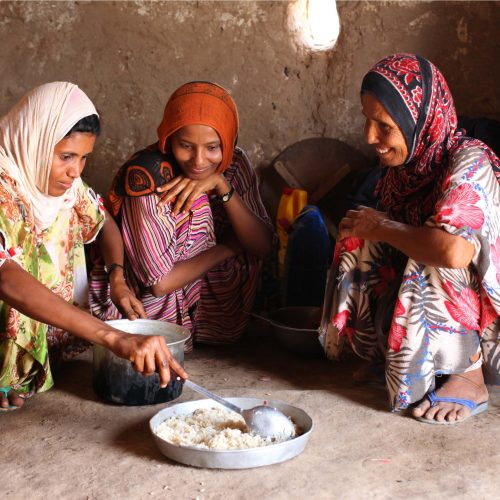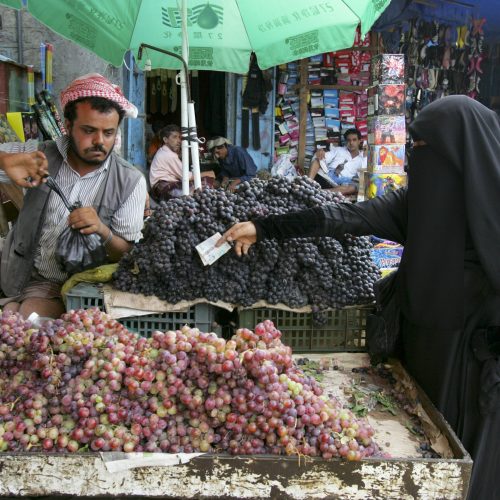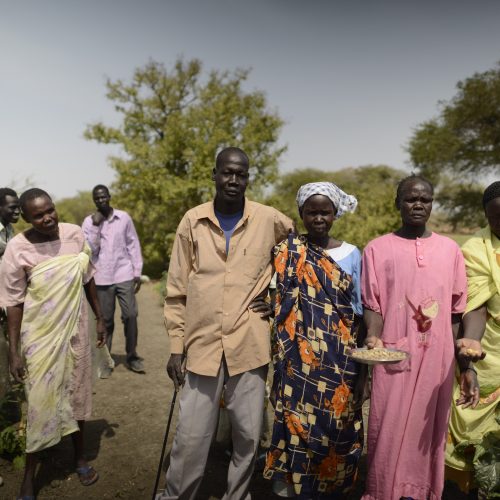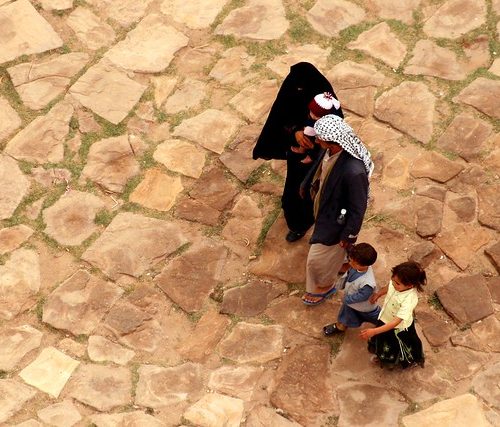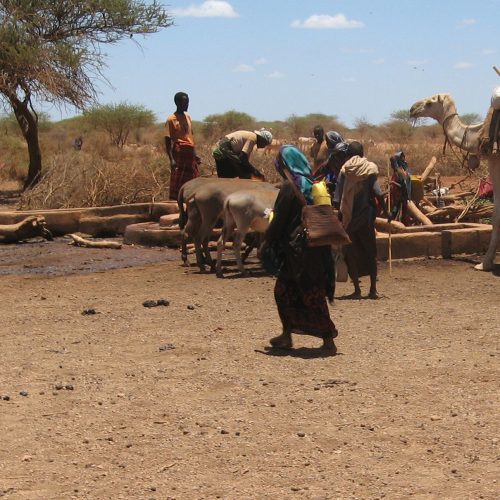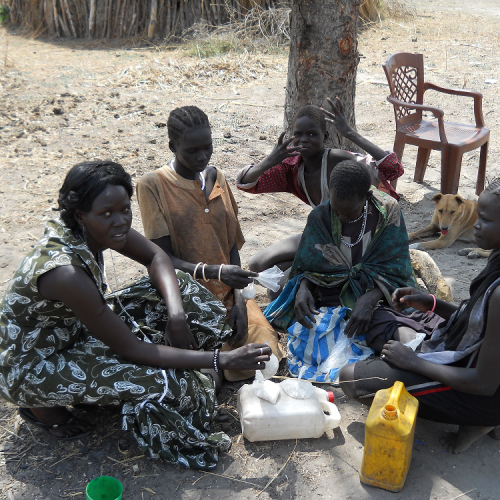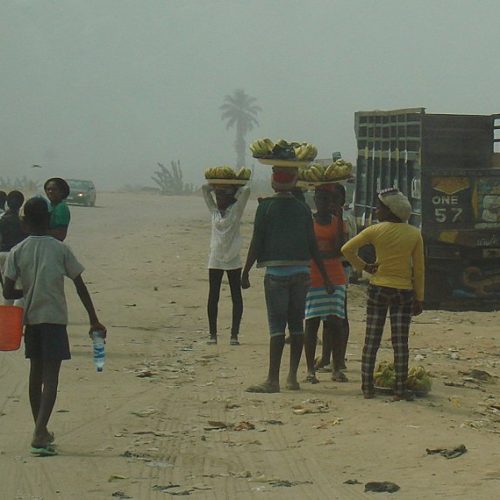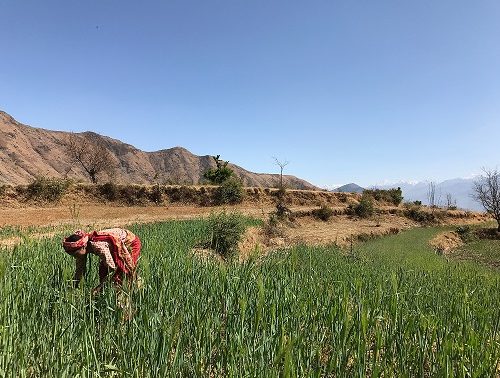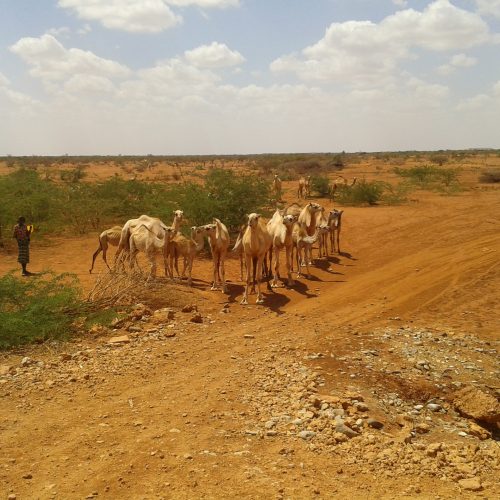COVID-19 compromises social networks. What this means for people in humanitarian crises Iraqi, Iranian and Somali asylum seekers at a tent camp in the Netherlands. ROBIN UTRECHT/AFP/GettyImages Jeeyon Kim, Visiting…
Jeeyon Janet Kim
Contact
Jeeyon Janet Kim is the Senior Researcher for Resilience at Mercy Corps, where she leads research related to resilience in fragile contexts. Her recent research focuses on migration and linkages between resilience and women’s empowerment, social connectedness, and food security. At the Feinstein International Center, Jeeyon works closely with Daniel Maxwell and others on a number of projects, including: Promoting Agriculture, Health, and Alternative Livelihoods initiative in Nepal, The Constraints and Complexities of Information and Analysis project, and Food Security and Resilience in Somalia.
Jeeyon holds a Hon.B.Sc. from University of Toronto, a M.S.P.H. from Johns Hopkins School of Public Health, and a Ph.D. from the Friedman School of Nutrition Science and Policy at Tufts University.


